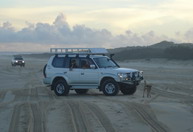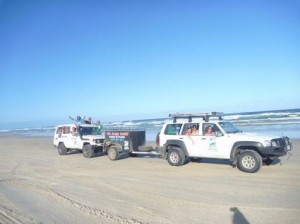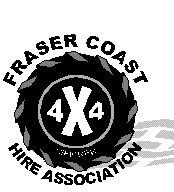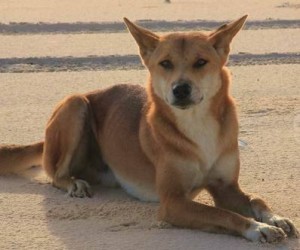Fauna and Flora of Fraser Island
Fraser Island Fauna & Flora
Explore the wonders of Fraser Island
with a 4WD hire vehicle from Pelican 4wd Bookings.
We are supporting the Fauna & Flora of Fraser Island
https://www.facebook.com/groups/FRASERISLANDTOURS/?fref=ts
World heritage listed Fraser Island
Largest sand island in the world
Stretching also over 123 km in length and 22 km
at its widest point.
With an area of 184 000 hectares
it is also the largest sand island in the world
The Island also boasts a wealth of natural pristine
Fresh water lakes including also world famous Lake McKenzie
Also Lake Boomanjin and Lake Allom
There are also crystal clear creeks
Wonderful swimming rock-pools
The amazing coloured sand formations known as
The Cathedrals and the Central Station camping area
On the eastern beach near Happy Valley
You will also discover Fraser Island’s own shipwreck
The Maheno
(Press on link below for map of Fraser Island)
Press here for a detailed recreational map of Fraser Island.
Fraser Island
-
Is the worlds biggest sand island
-
Is the only place in the word where tall rain forests
-
are found growing on sand dunes
-
Also of over 200m in elevation
-
Is listed on the World Heritage rankings
-
up there with Australia’s Uluru and Kakadu and the Great Barrier Reef
-
Has over 100 freshwater lakes and crystal clear creeks on the island
-
Is a place of exceptional beauty with it long uninterrupted white beaches
-
Also flanked with beautiful colored sand cliffs
-
More than half of the worlds perched lakes
-
including also the largest perched lake in the world.
-
Fraser Island Fauna and Flora
-
Landmarks Fraser Island
-
Guided Fishing Fraser Island
-
Best Fishing Places around Hervey Bay & Fraser Island
Fraser Island is also home to a diverse array of native terrestrial and water fauna
It is not uncommon to see a dingo loping along the beach
a prehistoric looking lizard climbing one of the island’s trees
The diversity of the island’s natural habitat also supports a wide range of animals
many of which are at the northern or southern limit of their distribution
are considered to be rare or vulnerable
Each animal has also a place in nature’s ecosystem be it as a predator or pollinator
the soil enriches or seed carrier.
Even the smallest animal can also cause an environmental imbalance
if disturbed and it is for this reason
Furthermore we should do our best to respect and conserve the native fauna of Fraser Island.
There are also 47 other species of mammals on Fraser Island including the Swamp Wallaby
Small Eared Mountain Possum and also the Sugar Glider
More than 354 species of birds also have been sighted on Fraser Island
The island has also a wide range of habitats
providing different food sources and nesting and breeding areas
 The Island is also the home to 79 species of reptiles, including 19 kinds of snake.
The Island is also the home to 79 species of reptiles, including 19 kinds of snake.
The most commonly seen reptiles are the Sand Monitor and the Lace Monitor.
These large lizards are often also seen around picnic areas
Dolphins and dugongs, turtles and rays,
During July to November
Migrating humpback whales, frequent island waters
Rare frog species, such as the “acid” frogs
Have adapted to survive in a difficult environment
can also be seen and heard in the swamps
Brumbies (wild horses) are descendants of Arab horses
were being bred for the Indian Army
Also Clydesdale’s which were used in the logging industry
Horses first arrived on the island in 1879, but there are only a very few left

Fraser Island lazy Dingo on the Beach.

Part of Fraser Island Tag Along Tour on its way home to Noosa and Rainbow Beach everybody is Happy !!!
The Island is also only accessible by four wheel drive vehicles
and light aircraft.
75 Mile Beach is also an actual highway
that runs up the surf side (eastern beach) of the island,
doubles as a runway
Vehicle tracks (sand) cross the island
linking the lakes also rain forests and camp grounds and resorts.
Driving conditions also vary with weather and tides.
Speed limits are low on inland roads and
+- 80kpm on the Seventy-Five Mile Beach.
Normal Australian road rules also apply.
(remove old valid permit stickers from your hired 4wd buy a new one)

